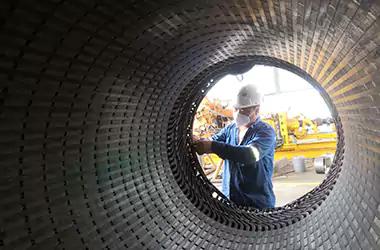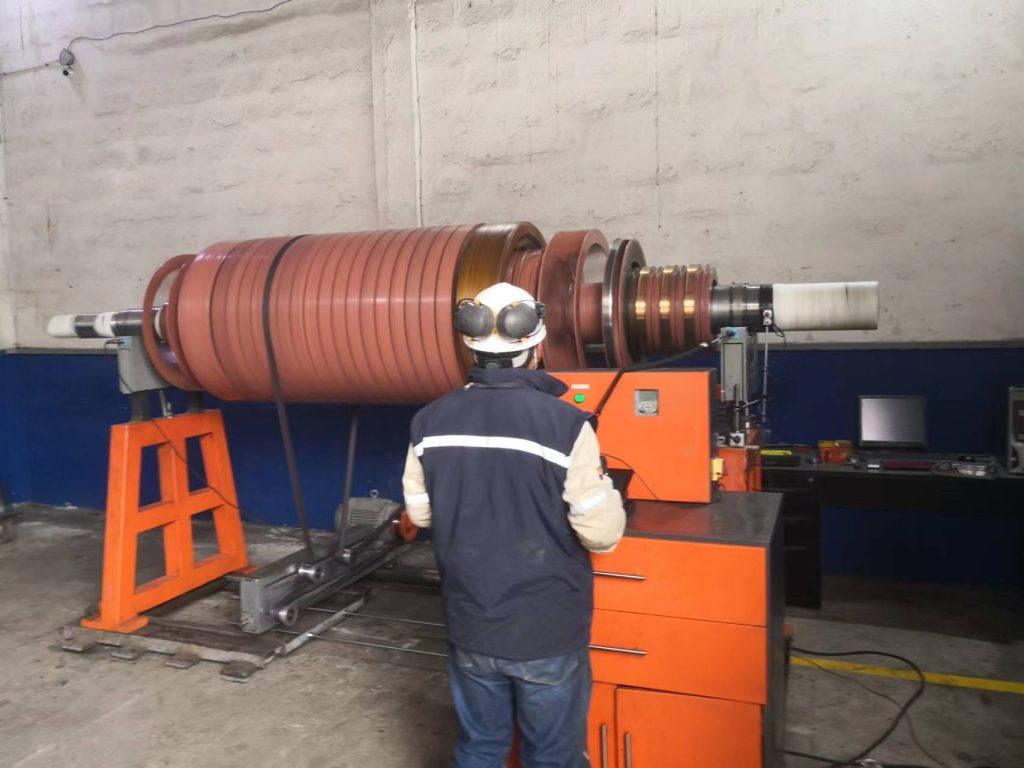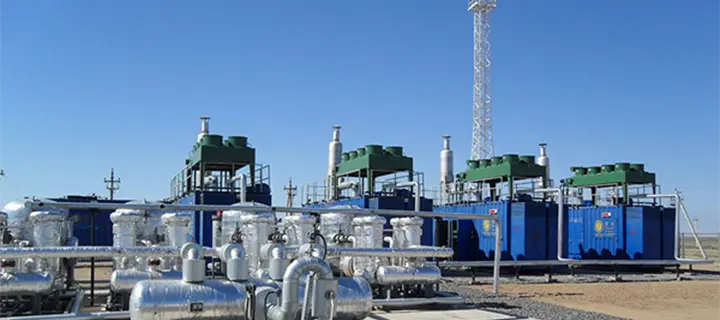Maintenance of large industrial electric motors
Introduction:
Large industrial electric motors are indispensable equipment in modern industrial production. They are widely used in various sectors, such as electric power, petrochemical, mining, manufacturing, among others. However, due to their complex structure and continuous operation at high intensity, the maintenance of these motors is especially important. In this article, we will discuss the importance of maintenance, common problems and their solutions, as well as preventive measures, with the aim of providing a professional and in-depth guide for the maintenance of large industrial electric motors.

I. Importance of maintenance
1.1 Improving motor reliability
When a large industrial electric motor fails, it can have a serious impact on the production process and even cause the production line to stop. Regular maintenance makes it possible to detect and resolve potential problems in a timely manner, reducing the probability of failure and improving the reliability and stability of the motor.
1.2 Motor life extension
Electric motors are expensive equipment and their service life has a direct impact on the company's return on investment. Proper maintenance can reduce motor wear and damage, extending motor life and reducing replacement costs.

II. Common problems and solutions
2.1 Motor overheating
Overheating is one of the most common problems in large industrial electric motors. It can be caused by insufficient lubrication, excessive load, inadequate ventilation, among other factors. To solve this problem, it is necessary to perform a regular lubrication inspection, adjust the working load and ensure adequate air circulation in the motor.
2.2 Abnormal vibrations
Abnormal vibrations may indicate motor imbalances, bearing problems or misalignment. To solve this problem, it is necessary to perform dynamic balancing, replace damaged bearings and adjust the motor alignment.
2.3 Insulation problems
Motor insulation is essential for safe and reliable motor operation. Insulation problems, such as degradation or moisture, can cause short circuits and damage to the motor. To avoid this, periodic insulation tests should be performed and measures should be taken to protect the motor from moisture.

III. Preventive measures
3.1 Regular maintenance planning
It is essential to establish a regular maintenance plan that includes inspections, cleaning, lubrication and performance testing. This will ensure optimal engine performance and allow for timely detection and resolution of problems.
3.2 Adequate training of personnel
Personnel responsible for maintaining electric motors should be adequately trained to understand maintenance procedures, use the proper tools and equipment, and follow safety regulations. This will ensure efficient and safe maintenance of the motors.
3.3 Maintenance data recording and analysis
It is important to keep a detailed record of maintenance activities performed, as well as engine performance and condition data. This will allow for trend analysis and informed decisions on engine maintenance and repair.
Conclusion:
Proper maintenance of large industrial electric motors is essential to ensure their reliability, extend their service life and avoid costly interruptions in production. By following preventive measures and fixing common problems in a timely manner, companies can maximize the efficiency and profitability of their electric motors.


